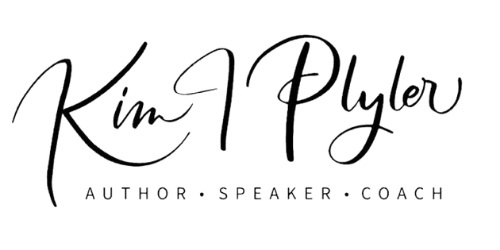A person’s perspective will either limit or enhance your ability to be powerful with your story. If we desire to have a powerful story it is important to be aware of what the intent of the story is. Each story may have details that trigger, excite, or enhance the outcome or they may simply derail the listener emotionally so that the story is not heard.
Professional speakers must learn to speak to audiences with varying levels of engagement. At times a speaker may be teaching a broad concept or motivating a crowd where the concept of a story and its outcome is shared. At other times the speaker may be in an intimate, months long immersion group where more specific details of an experience may be shared for a different purpose. The level of relationships with one’s audience helps identify the crafting of the story. Just as you wouldn’t tell a five year old the minute details of making dinner, you wouldn’t tell a chef that we’re simply having “mac and cheese” for the chef would want the minute details of ingredients and preparation desired.
Mastering your story involves maturing your ability to appropriately define what details of the outcome arc your audience needs in order to end the story at the same place. It requires you to be able to separate yourself from your story and see the story as a tool, not just the retelling of a personal or professional experience. Sharing a story must have purpose and meaning for your audience, and that purpose may go off the rails if details take the listener away from hearing your story to reliving some story of their own. Words must be considered and the visual pictures measured so that they do not distract the listener from the purpose of the speech or keynote.
